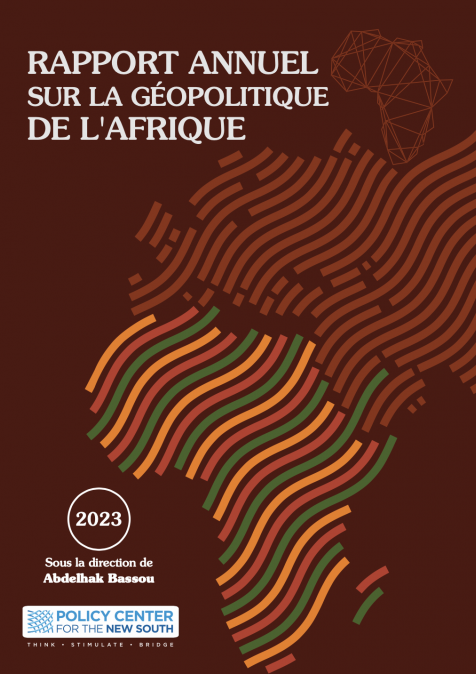Publications /
Policy Brief
Le Mozambique fait face depuis 2017 à une insurrection menée dans la province de Cabo Delgado, au nord-est du pays, par un groupe militant islamiste dénommé Ahlu Sunna Wal Jamaa (ASWJ) – qui aurait fait allégeance à l’État islamique (EI) et qui est aussi connu sous le nom de Al Shabab, sans lien avec le groupe éponyme en Somalie. Les problèmes sociaux et économiques de cette région – qui concentre la plus grande partie des 18 % de musulmans que compte le pays, à majorité chrétienne – ont favorisé l’essor du groupe armé avec en toile de fond de fortes et anciennes rivalités ethniques et religieuses profondément enracinées dans les communautés locales. S’appuyant sur des discours qui instrumentalisent la marginalisation politique et économique de la jeunesse et le ressentiment à l’égard du pouvoir central, le groupe d’ASWJ trouve un écho favorable, dans une province où les niveaux de pauvreté dépassent la moyenne nationale, malgré sa richesse en minerais divers...










